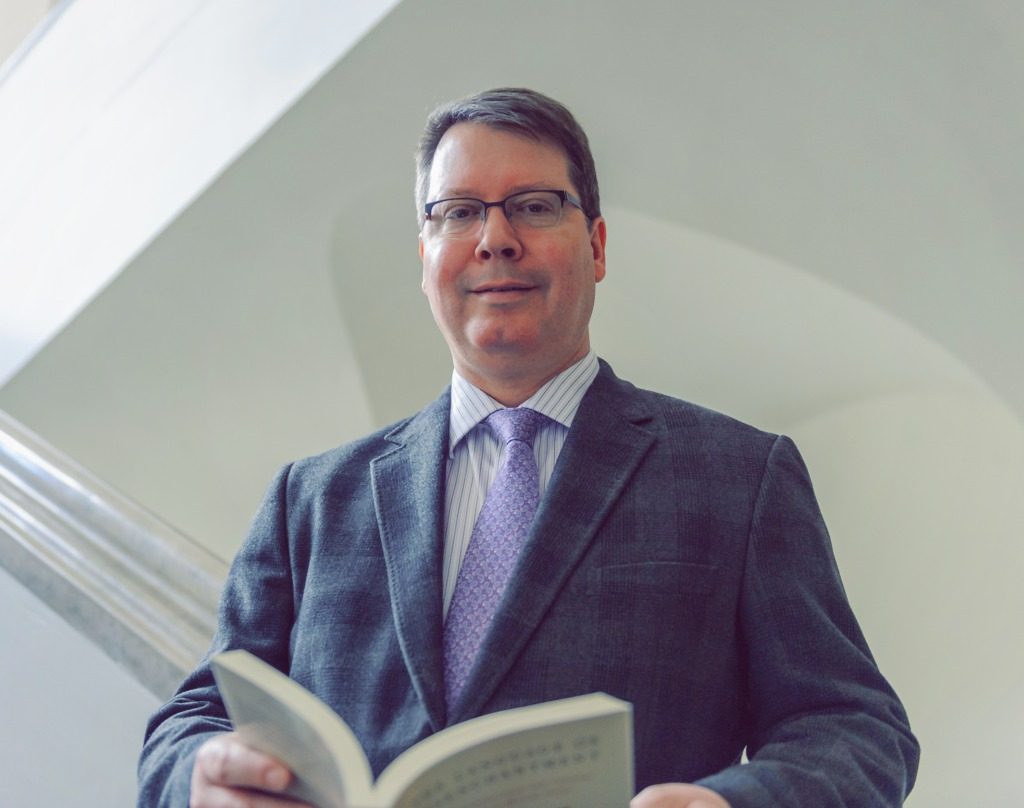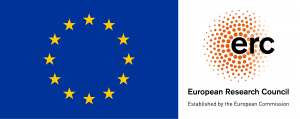#SemioPills 4: Robert Yelle

Robert A. Yelle (b. 1966) is a distinguished American scholar in the fields of semiotics, anthropology, and history of religion. He is Professor of “Theory and Method of Religious Studies” at Ludwig-Maximilians-University, Munich, Germany. He grew up in Andover, Massachusetts, where he graduated from Phillips Andover Academy (1984) and Harvard College (A.B. in Philosophy, 1988) in General Studies. He received a J.D. from the University of California at Berkeley (Order of the Coif, 1993) and a Ph.D. in History of Religions from the University of Chicago (2002). He is the author of numerous publications, including the monographs: Explaining Mantras: Ritual, Rhetoric, and the Dream of a Natural Language in Hindu Tantra (Routledge, 2003); The Language of Disenchantment: Protestant Literalism and Colonial Discourse in British India (Oxford University Press, 2013); Semiotics of Religion: Signs of the Sacred in History (Bloomsbury, 2013); Sovereignty and the Sacred: Secularism and the Political Economy of Religion (University of Chicago Press, 2018). He is currently Editor of the AAR/Oxford University Press book series “Religion, Culture, and History”.
These are the questions we asked Prof. Yelle:
- What was your path of entry into semiotics?
- Do you see huge differences between European and American semiotics?
- Could you please summarize the content of your latest monograph, Sovereignty and the Sacred (University of Chicago Press, 2018)?
- Could you please explain your theory of transcendence, and how semiotics can tackle this category?
- Can structuralist theories, like Claude Lévi-Strauss’, still be key references for today’s research?
You can find his answers in the following video.

